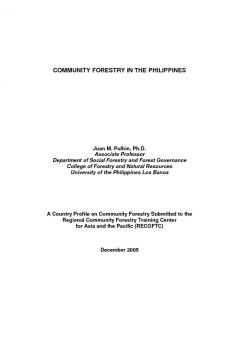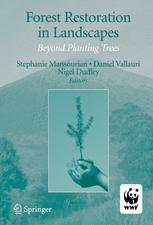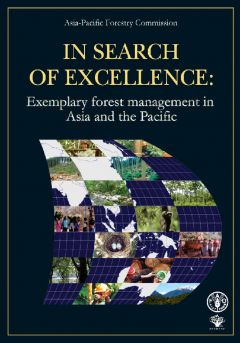Fresh tracks in the forest: assessing incipient payments for environmental services initiatives in Bolivia
Payments for Environmental Services (PES) are being considered worldwide with great interest and expectation. Proposals to create agreements in which beneficiaries of environmental services pay landowners directly for the provision or protection of these services are innovative and promising. But what real PES experiences are actually out there? This work assesses a range of PES or PES-type experiences in one country, Bolivia, in the fields of carbon sequestration, protection of watershed services, biodiversity and aesthetic landscape values.











